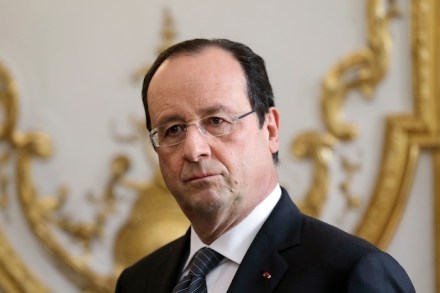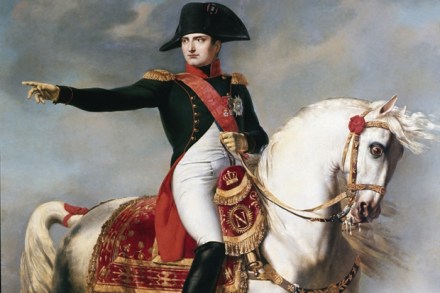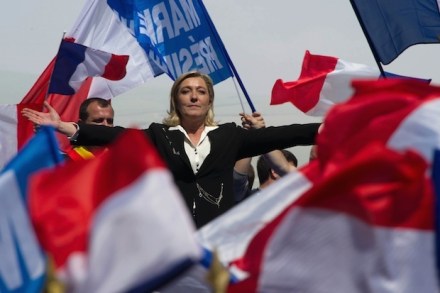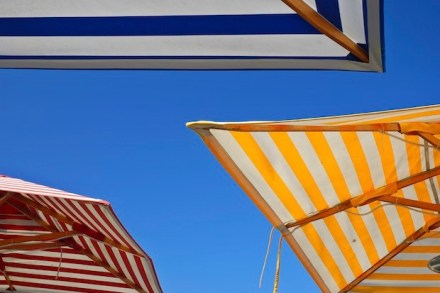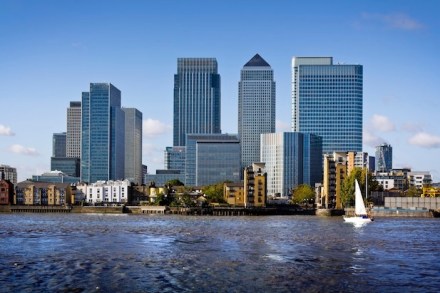Does Ed Miliband feel betrayed by Francois Hollande?
President Hollande’s private life continues to fascinate the whole world (other than the French press pack, obviously); but it is worth noting that the embattled president signalled a major shift in economic policy yesterday. France is a couple of years late to the austerity party; but it will experience €50 billion worth of cuts in 2015 – 2017, on top of the €15bn scheduled for this year. When Hollande won the Élysée, he promised ‘another way’. But he’s been mugged by reality. Austerity est arrivé. All of which is a little embarrassing for Ed Miliband, who told ITV in May 2012: ‘I congratulate Francois Hollande. I know from our conversations in London




